Journal 4 - BASED ON ECHO GLOBAL FARM FIELD TRIP
ECHO Reflection
The Educational Concerns for Hunger Organization(ECHO) taught me a lot about sustainability through their efforts to move toward a sustainable society. The most important thing I learned is how important a role the spreading of information plays in moving toward a sustainable lifestyle. ECHO gathers information from different regions, figures out what methods work utilizing that information, and then, after conducting their own research, they share that information with others, benefiting everyone involved and truly enabling everyone to thrive on their own. Organizations like ECHO are important because, truthfully, we need someone to be willing to take that first step toward sustainability for others to be on board with the idea, and when an organization as large as ECHO takes that step, they can utilize their vast resources to make a valiant effort in spearheading our journey to sustainability by truly bringing the vision to life. By discovering the importance of sharing information back and forth I could confidently say that I discovered just how important it is to teach others which is something I plan to apply in my own life. Too often, we are afraid to share information with others out of fear of backlash or coming across as arrogant, which definitely harms us overall. If information was spread more freely it could reach the people capably of taking action with that information for the betterment of society.
Food Waste
The ECHO project, which can be used to impact international communities, is undoubtedly their efforts in decreasing food waste. No matter how poor, every country wastes food, which is often due to many regions not having proper methods of storing food. ECHO has launched an initiative to find methods of storing food such as drying seeds used to plant vegetables by storing them in jars with salt, you can also place them in cabinets with special shelves that enable air to freely pass through and dry up the seeds. They have also reverse-engineered bike pumps in order to vacuum-seal foods in jars. This undoubtedly relates to the hummingbird story as these efforts may be simplistic in nature, but they are an important step forward to a sustainable society. Similar to the humming bird who took a simple small action in order to put out the fire, something as simple as storing beans in salt is undoubtedly an important step forward toward reducing food waste and living sustainably.A Farmer's Life
One question I was presented with was "How would your life be different if you had to find or grow your own food, as many people around the world have to do?" Truthfully, while I can admit my life would be extremely different from the life I lead if I were presented with a situation where I had to find and grow my own food, I cannot say I know exactly what my life would be like as I cannot say that I completely understand the struggles of those who must undergo those tasks as I have yet to experience them. However, I imagine that one of the biggest differences would be how I spend my time, I would not have as much time to dedicate to my education or my career if I consistently had to worry about where my next meal was coming from or how to put food on the table. I would have to spend a lot of time tending to fields or animals and gathering water from sources that were often not conveniently located. It would undoubtedly be a struggle, one that many people do not survive. It is hard to imagine having to dedicate my entire life to ensuring I have something to eat, but that kind of lifestyle is more common than people may think and makes it difficult for those born into that life to better themselves when they do not have the time for education or a career.
Reducing My Footprint
Another question I was presented with was "How might you reduce your footprint on the land? What obstacles might you face in adopting these new food habits, and how do you plan on overcoming those obstacles?" One of my biggest issues is that I tend to waste a lot of food, mainly due to the fact that a lot of my food expires before I have the chance to consume it. I don't often have the time to make trips to the grocery store, which is why, on the rare occasions I do go, I try to buy enough food to last me until my next grocery trip. With foods having relatively fast approaching expiration dates, especially after COVID due to supply shortages and other issues, I often have to deal with food expiring before I have had the chance to consume it. Another reason for this is the fact that I often don't have time to cook when I come home after 8pm, after spending all day in lectures, leaving me with no time to cook dinner. In response to this, I should learn to buy less food at a time to avoid wasting it as it would greatly reduce my footprint on the land when I consider all the nutrients that must be extracted from it in order to supply me with the food I have unfortunately wasted however this could result in me needing to visit the grocery store more frequently which I often do not have the time for while working two jobs and being a full-time college student. Another option is to order delivery or only eat out, so I only pay for individual meals however, that is extremely expensive and is not something I could easily afford. The same could be said for having groceries delivered. Overall, I could overcome these obstacles by trying to schedule times for grocery visits and creating a calendar of meals so I know how much food to buy before my next grocery run.
The Impact of Bamboo
Another question I was presented with was "Describe an example of adaptive technology. Give examples of plants encountered and how they are being used." One project that could have a really positive impact on international communities is the utilization of bamboo to craft all sorts of items such as snake traps, bedding, tools, baskets, netting, carts to carry water, rope, tables, hats, socks, flooring, and so much more. This extremely versatile grass thrives in tropical, subtropical, and warm temperate climates, primarily in Asia and South America, but also in Australia, Africa, and parts of the southern United States. If people learn to utilize this material, they could do all sorts of things with it and create things that could make their lives much easier, which is why I would undoubtedly say it is an example of adaptive technology and a plant that is being used in many different things. ECHO also uses various plants for their various natural effects such as lemon grass which acts as an insect repellant for their navia grass growing nearby.
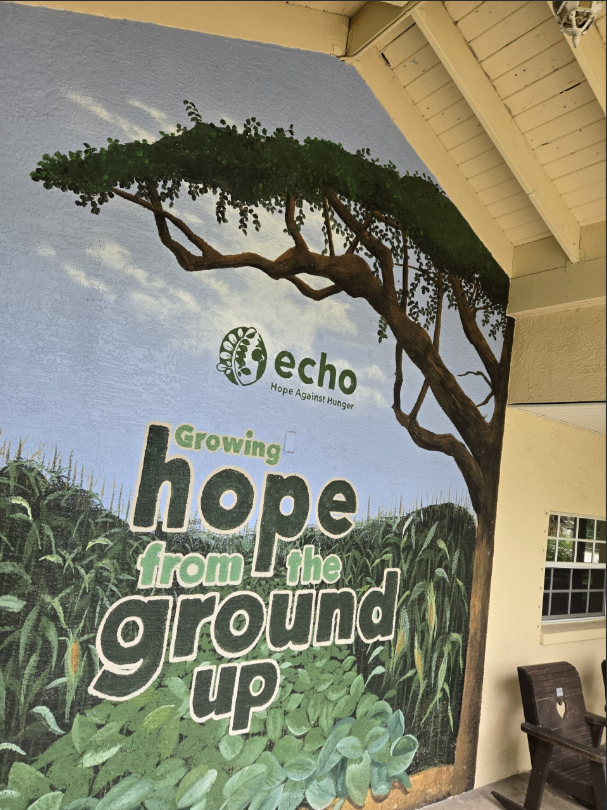
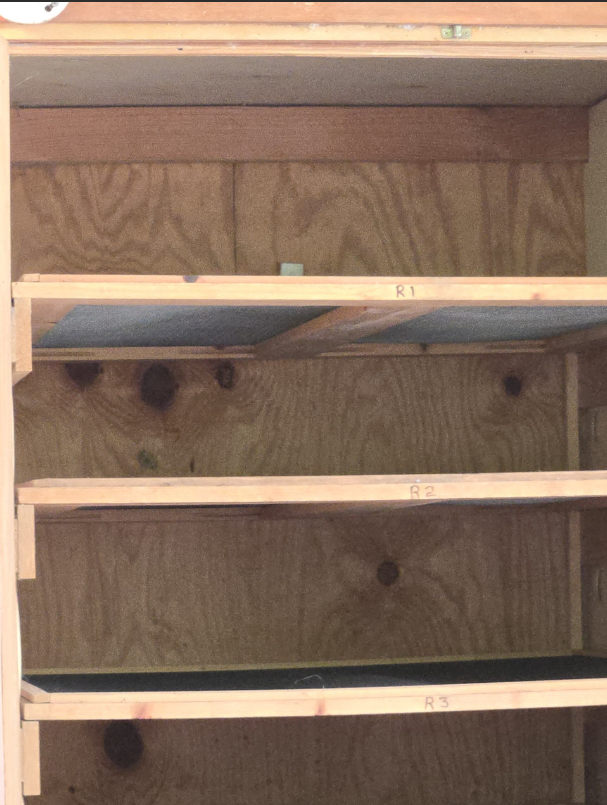
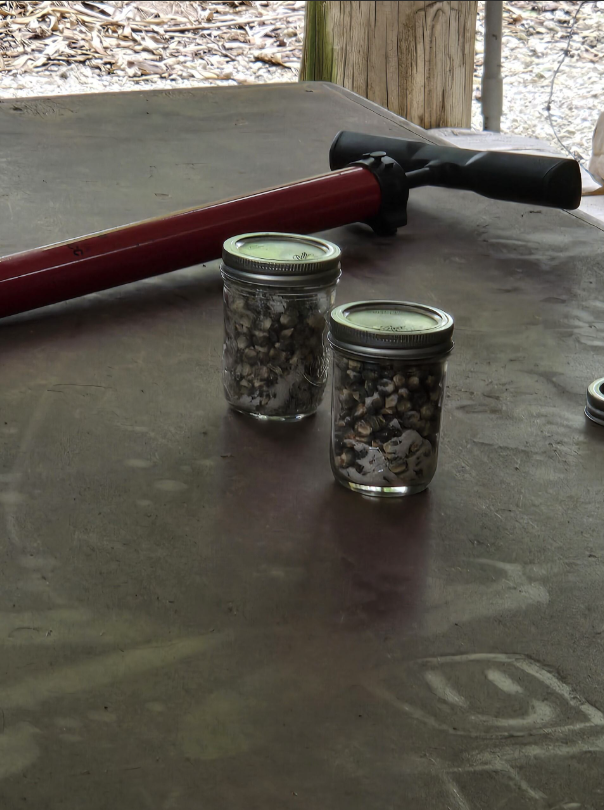
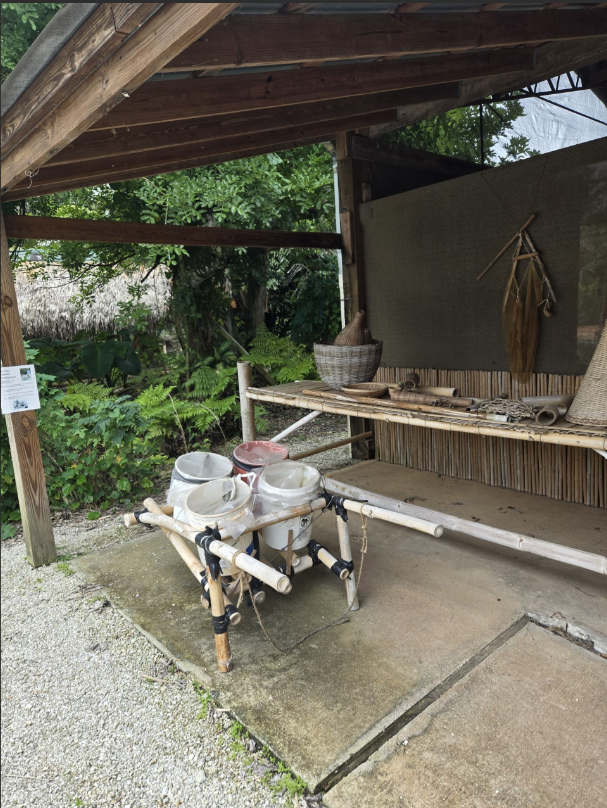


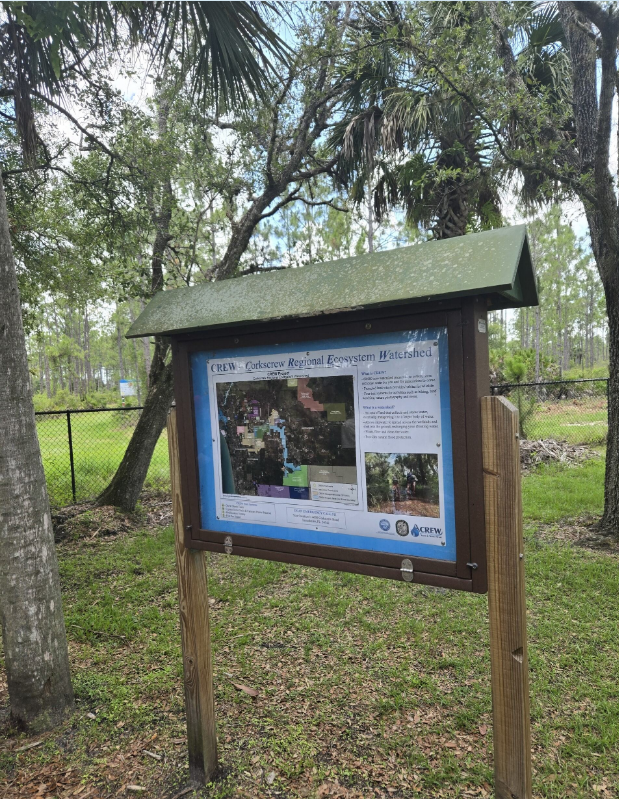
Comments
Post a Comment